
This year, the number of third-country nationals applying for parental benefits in Latvia has increased by one third. 30% of the recipients of benefits among third-country nationals were citizens of Ukraine, 23% were citizens of Uzbekistan, 15% were citizens of Russia, and 10% were citizens of Tajikistan.
Among the recipients of benefits this year were 332 women and 512 men.
30% of the recipients of benefits among third-country nationals were citizens of Ukraine, 23% were citizens of Uzbekistan, 15% were citizens of Russia, and 10% were citizens of Tajikistan.
In comparison, in the first nine months of last year, parental benefits in Latvia were received by 628 third-country nationals, including 337 women and 291 men, while in January-September 2023, 421 third-country nationals received benefits, including 265 women and 156 men.
According to the GASS, in recent years, there has been a significant increase in the number of recipients of parental benefits among citizens of Uzbekistan and Tajikistan, especially among men.
The Ministry of Welfare also notes that in recent years, there has been a sharp increase in the number of applications for benefits from third-country nationals who came to Latvia for a specific period of work, while their families and children reside in another country. The current regulations allow them to receive parental benefits even after the termination of employment and the expiration of their temporary residence permit, as there is no set period for the provision of benefits.
According to the Ministry of Welfare, there is a trend that parental benefits are increasingly being requested by fathers of children who are third-country nationals, such as those from Uzbekistan and Tajikistan, who have temporary residence permits in Latvia, while their children live with their mothers in another country.
As a result, long-term support for families abroad is financed through social contributions in Latvia. Additionally, the insurance contributions of third-country nationals in Latvia are quite insignificant compared to the parental benefits paid out.
The Ministry of Welfare believes that this practice does not align with the goals of the benefit, and therefore plans to change it. The government has already approved amendments to the law on "Maternity and Sickness Insurance," which stipulate that parental benefits will only be paid for children who have been assigned a personal code in Latvia, whose status in the Register of Natural Persons is active, and who reside permanently in Latvia.
An exception will apply to individuals who are socially insured in Latvia or their family members who reside or work in another country of the European Union, Switzerland, or the states of the European Economic Area.

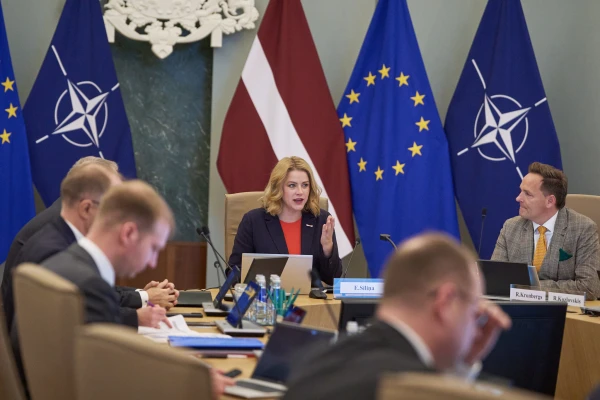
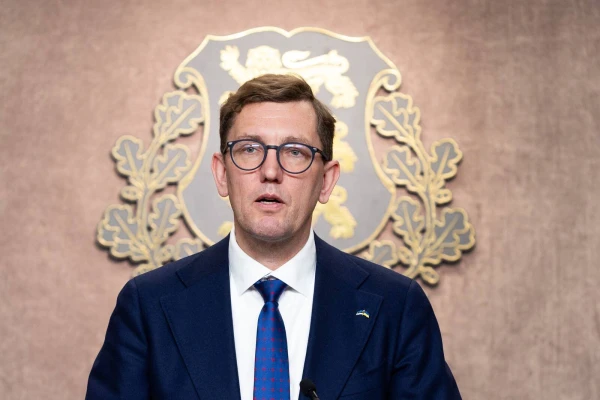

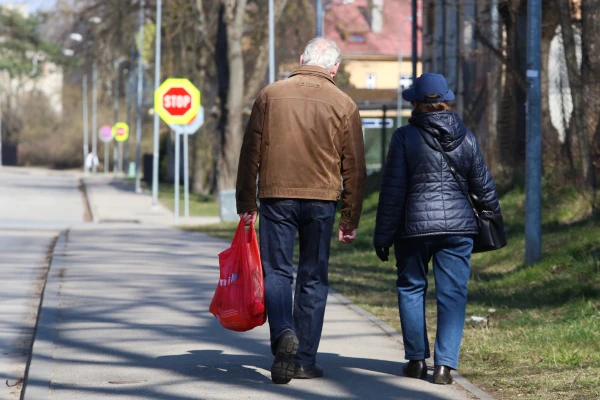


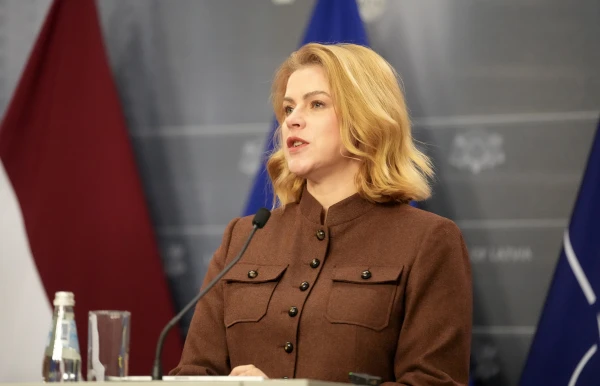



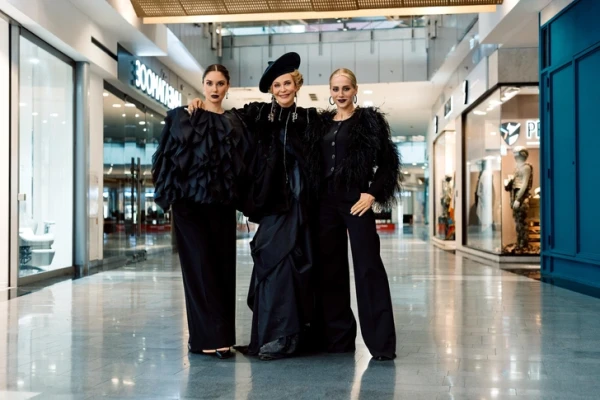
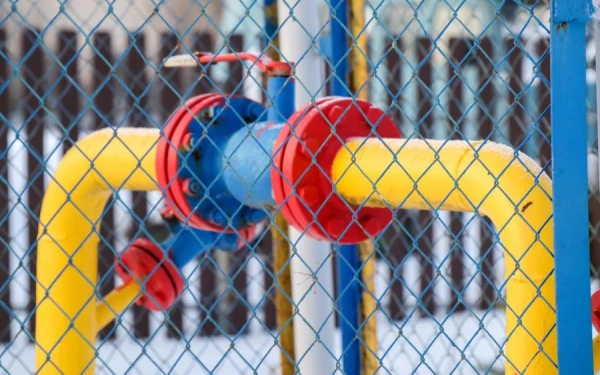

Leave a comment